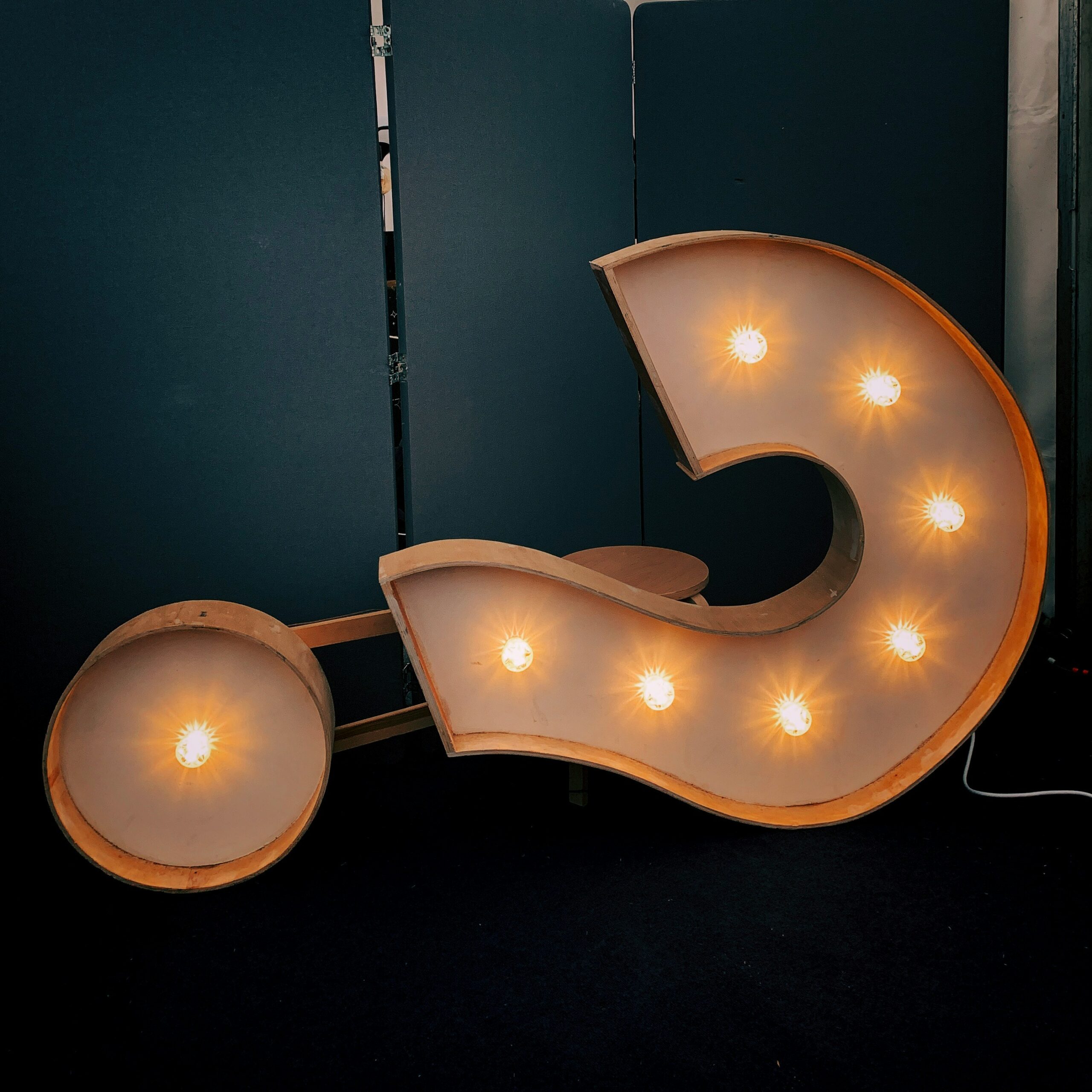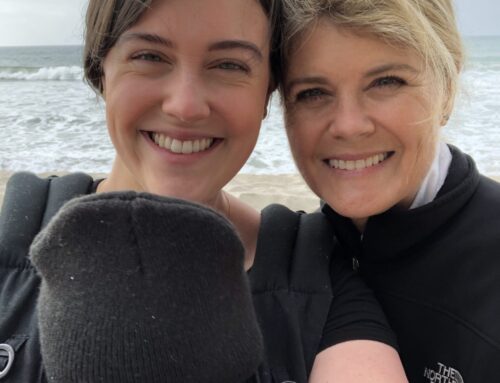Three Big Questions about Breast Screening
I can’t believe it has already been three years since we opened the doors of KVINNA in Liberty Lake! We have had the honor and privilege to serve many women in our community during these past three years. What a joy to provide easy access to elective supplemental breast screening like SonoCine.
Every week I get to hear what women think about breast screenings and why some opt for yearly screenings and why some do not. I thought it would be helpful to share the three big questions that I get asked most often and provide some easy answers. I hope this information helps you make good decisions regarding your breast health and early detection.
Question #1
Is My Mammogram Enough?
Breast cancer is the most commonly diagnosed cancer among women in the United States, with approximately 1 in 8 women developing the disease in their lifetime. While mammograms have long been considered the gold standard for breast cancer screening, they may not be enough for all women, especially those with dense breast tissue or breast implants.
Dense breast tissue refers to the presence of more glandular and connective tissue in the breast compared to fat. This can make it more difficult to detect abnormalities on a mammogram, as both healthy breast tissue and potential tumors appear white on the images. In women with dense breasts, the sensitivity of mammograms is lower, leading to an increased risk of missed or delayed cancer diagnosis.
For women with dense breast tissue, automated whole breast ultrasound (AWBUS) like SonoCine may be a valuable adjunct to mammography. SonoCine uses automated technology to perform a comprehensive ultrasound scan of the entire breast, providing detailed images that can help detect small abnormalities that may be missed on mammograms. Multiple studies have shown that adding AWBUS to mammography can significantly improve cancer detection rates in women with dense breasts.
So, if you have dense breast tissue, it is important to discuss the possibility of adding AWBUS to your screening regimen with your healthcare provider. While mammograms remain an important tool for breast cancer detection, AWBUS can provide additional information that may help catch cancers at an earlier, more treatable stage.
Question #2
What If My Last Scan Came Back Negative?
Another question that often arises when it comes to breast cancer screening is whether yearly screenings are necessary if your last scan came back negative. While a negative result can provide peace of mind, it does not guarantee that cancer will not develop in the future. Breast cancer can be a fast-growing and aggressive disease, and early detection is key to improving outcomes.
For this reason, it is generally recommended that women undergo yearly breast cancer screenings, regardless of their previous results. Regular screenings can help detect changes in the breast tissue over time, allowing for early detection and treatment if necessary. While it may be tempting to skip screenings after a negative result, it is important to prioritize your health and continue with regular screenings to ensure the best possible outcome in the event of a cancer diagnosis.
Question #3
Do I Need A Breast Screening Under The Age Of 40?
One concern that some women may have is whether they need to start screening before the age of 40. While the risk of breast cancer increases with age, it can still occur in younger women. In fact, approximately 11% of all breast cancer cases in the United States are diagnosed in women under the age of 45. Those cancers tend to be more aggressive with a lower survival outcome.
For this reason, it is important for women to have discussions with their healthcare providers about when to start breast cancer screening. While routine screenings may not be typically recommended for women under 40, those with a family history of breast cancer or other risk factors may benefit from starting screening earlier. Additionally, it is important for women of all ages to be diligent about their breast health and to report any changes or concerns to their healthcare provider.
For those under the age of 40 who are wanting to be proactive in getting a baseline of their breast tissue and to start screening early, we recommend (AWBUS) Automated Whole Breast Ultrasound. It is a comfortable and radiation free option for women who want to have peace of mind and get the fastest jump on early detection. With cancer rates rising in younger women, many are looking for ways to mitigate a late-stage diagnosis. You can call KVINNA today to make your appointment for this powerful ultrasound scan. Safe for all women.
Conclusion
In conclusion, breast cancer screening is a crucial part of maintaining overall health and well-being for women of all ages. For women with dense breast tissue, adding AWBUS to their screening regimen can improve cancer detection rates and provide peace of mind. Yearly screenings are recommended for all women, regardless of previous results, to ensure early detection and treatment if necessary. And while routine screenings may not be necessary for women under 40, it is important for all women to have open and honest discussions with their healthcare providers about their individual risk factors and screening needs. By prioritizing breast health and staying informed, women can take control of their health and reduce their risk of breast cancer.





Leave A Comment
You must be logged in to post a comment.